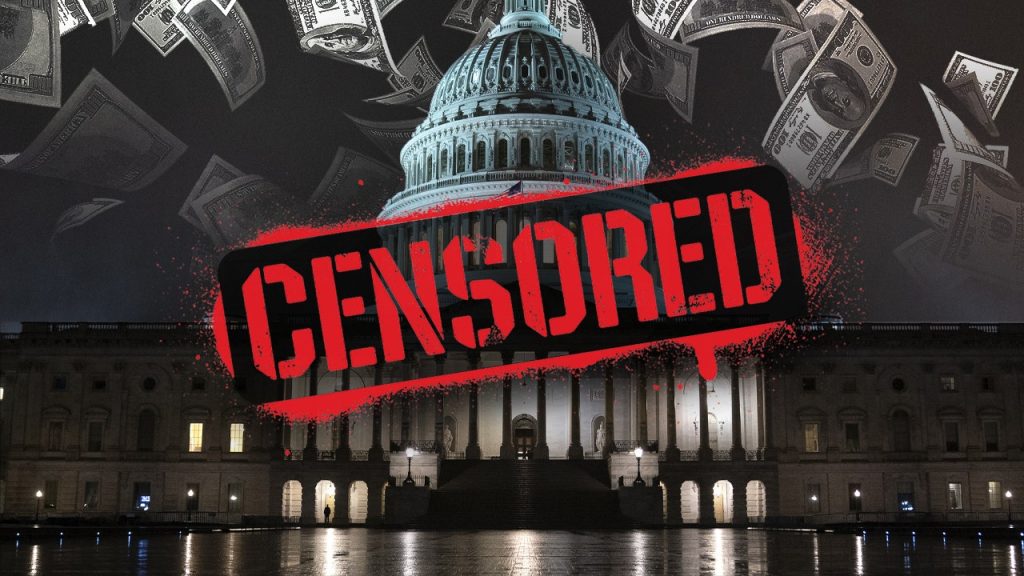The Global Engagement Center (GEC), a State Department entity established in 2016 to combat foreign disinformation, ceased operations in December 2024 due to a funding cut mandated by the National Defense Authorization Act (NDAA). This closure followed intense criticism from conservative quarters, who accused the GEC of censorship and media manipulation targeting American citizens. Figures like Elon Musk publicly denounced the GEC, labeling it a key player in government censorship. The decision to defund the GEC was ultimately solidified in a continuing resolution to fund the government, after an earlier version including GEC funding faced strong conservative opposition.
The GEC, with a budget of approximately $61 million and a staff of 120, was perceived by its critics as redundant, arguing that its disinformation analysis was already adequately covered by the private sector. This skepticism, coupled with allegations of the GEC’s involvement in blacklisting and censorship, fueled the drive to eliminate its funding. Reporter Matt Taibbi, known for his work on the Twitter Files, further amplified these concerns, alleging the GEC’s involvement in flagging social media accounts based on their viewpoints regarding the COVID-19 pandemic’s origins. These actions, critics argued, overstepped the GEC’s mandate and infringed upon free speech.
The GEC’s operations extended beyond the State Department, involving partnerships with various intelligence and security agencies, including the FBI, CIA, NSA, DARPA, Special Operations Command, and the Department of Homeland Security. Furthermore, the GEC provided funding to the Atlantic Council’s Digital Forensic Research Lab (DFRLab), a connection that further drew criticism. While DFRLab denied using taxpayer funds to monitor Americans, claiming an exclusively international focus, a House Small Business Committee report raised concerns about grants awarded to organizations engaged in tracking domestic misinformation and evaluating the credibility of US-based publishers.
These accusations of domestic targeting culminated in a lawsuit filed by Texas Attorney General Ken Paxton, the Daily Wire, and the Federalist against the State Department and several officials. The lawsuit alleged a conspiracy to censor and suppress conservative media outlets, using the GEC as a tool to achieve this goal. The plaintiffs argued that the GEC’s actions, including labeling certain news organizations as “unreliable” or “risky,” effectively choked their advertising revenue and limited the reach of their content, constituting a violation of the First Amendment. This legal challenge highlighted the deep divisions surrounding the GEC’s role and its perceived impact on the media landscape.
Adding to the controversy surrounding the GEC were revelations about its funding of a video game called “Cat Park,” designed to “inoculate youth against disinformation.” While presented as an international initiative, critics like America First Legal, led by Stephen Miller, argued that the game promoted specific political viewpoints and served as a form of indoctrination rather than a neutral educational tool. This revelation fueled further skepticism about the GEC’s true objectives and its use of taxpayer funds.
The GEC’s closure marks the end of a controversial chapter in the fight against disinformation. While its proponents argued for its necessity in countering foreign influence operations, its critics viewed it as a tool of censorship and a threat to free speech. The debate over the GEC’s legacy highlights the complex challenges of navigating the intersection of national security, information warfare, and the protection of fundamental rights. The future of government efforts to combat disinformation remains uncertain, as the GEC’s closure leaves a void in this increasingly contested space. Whether a new entity emerges with a revised mandate and greater transparency, or whether the responsibility falls primarily to the private sector, remains to be seen. The GEC’s story serves as a cautionary tale about the potential pitfalls of government involvement in combating disinformation and the importance of safeguarding free speech principles.

